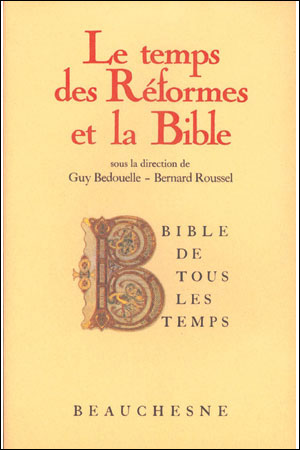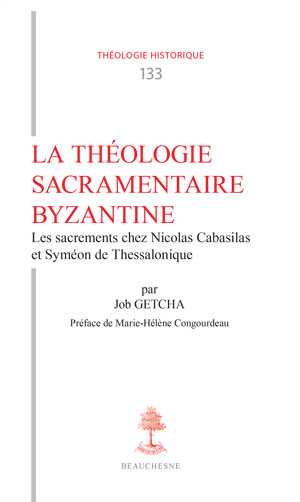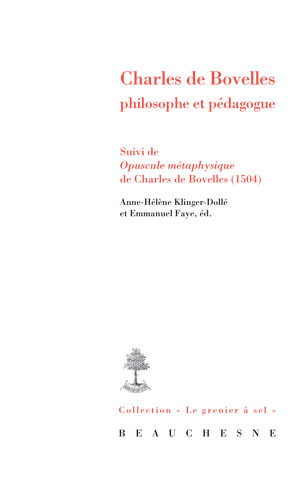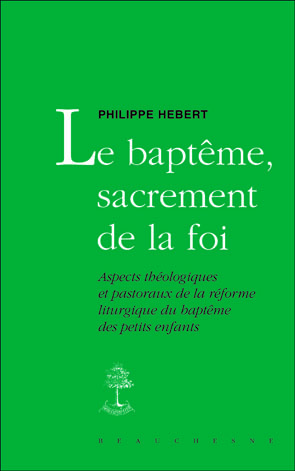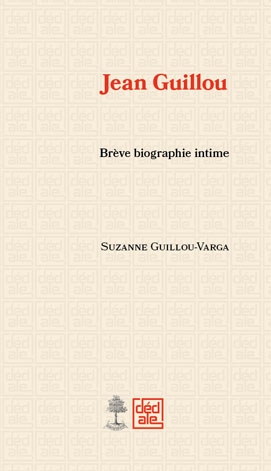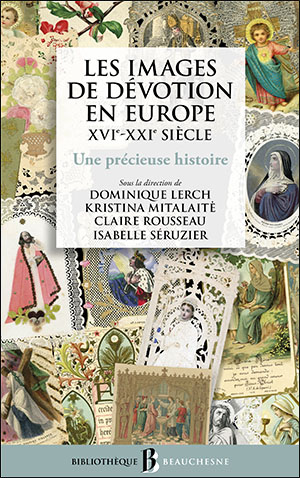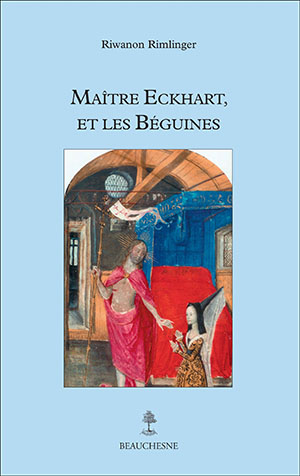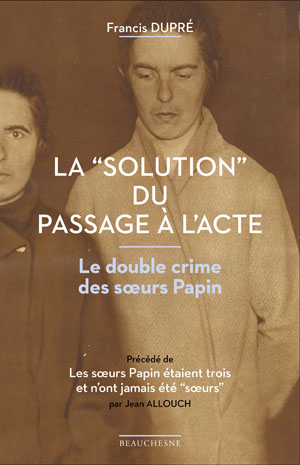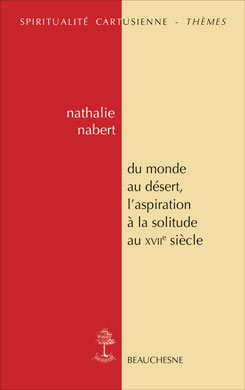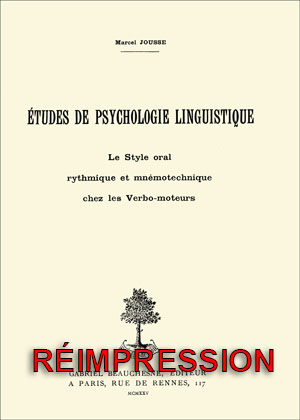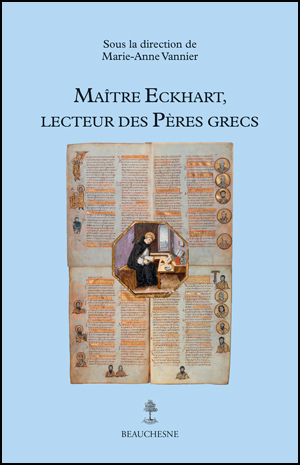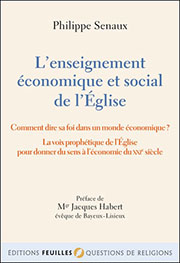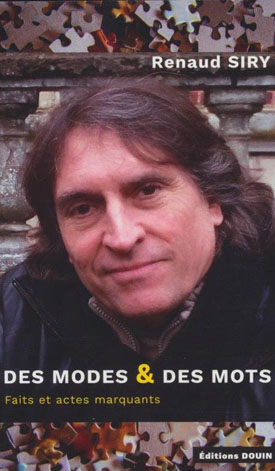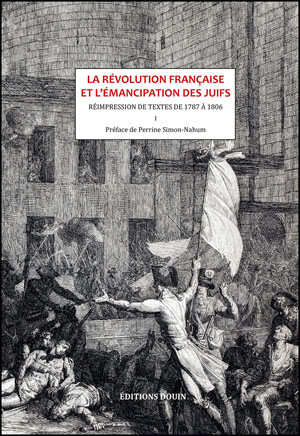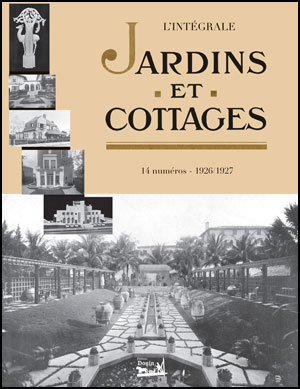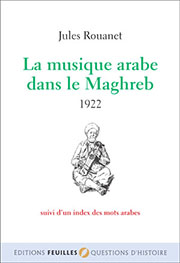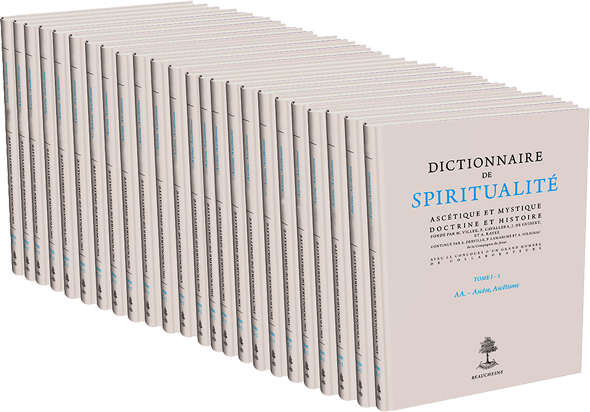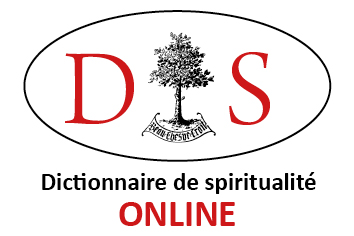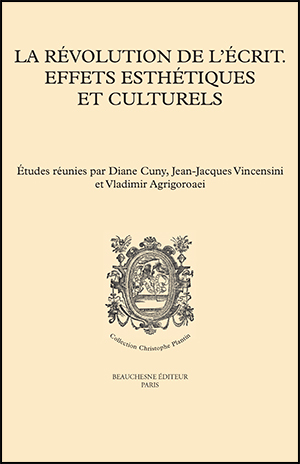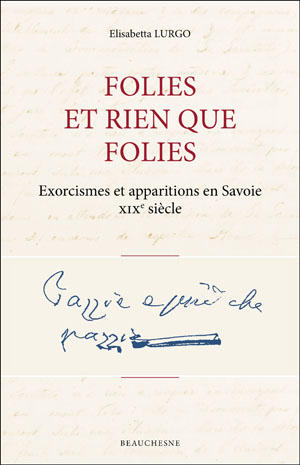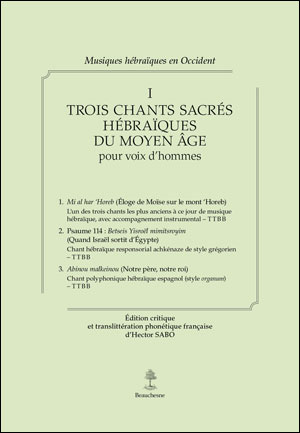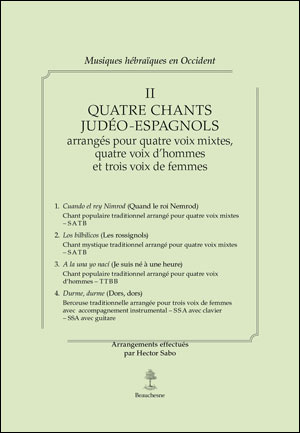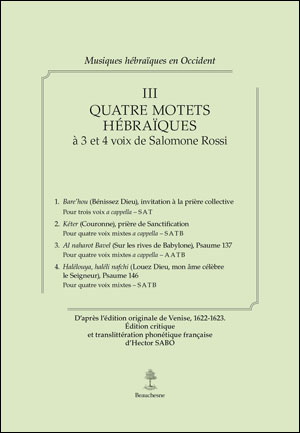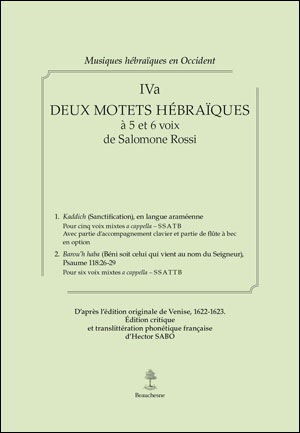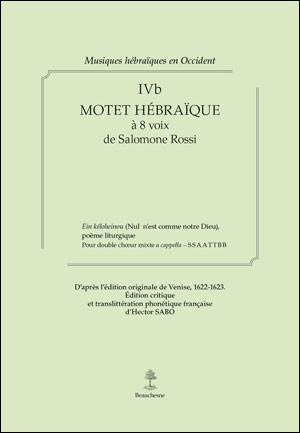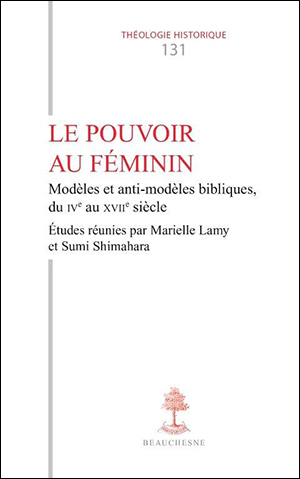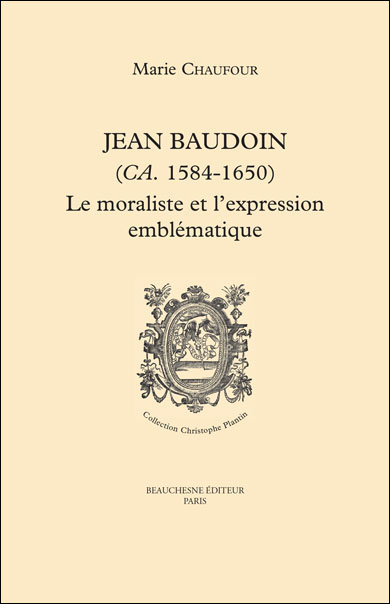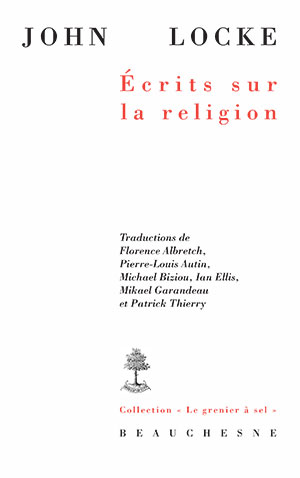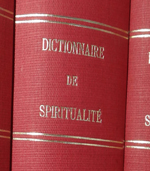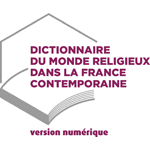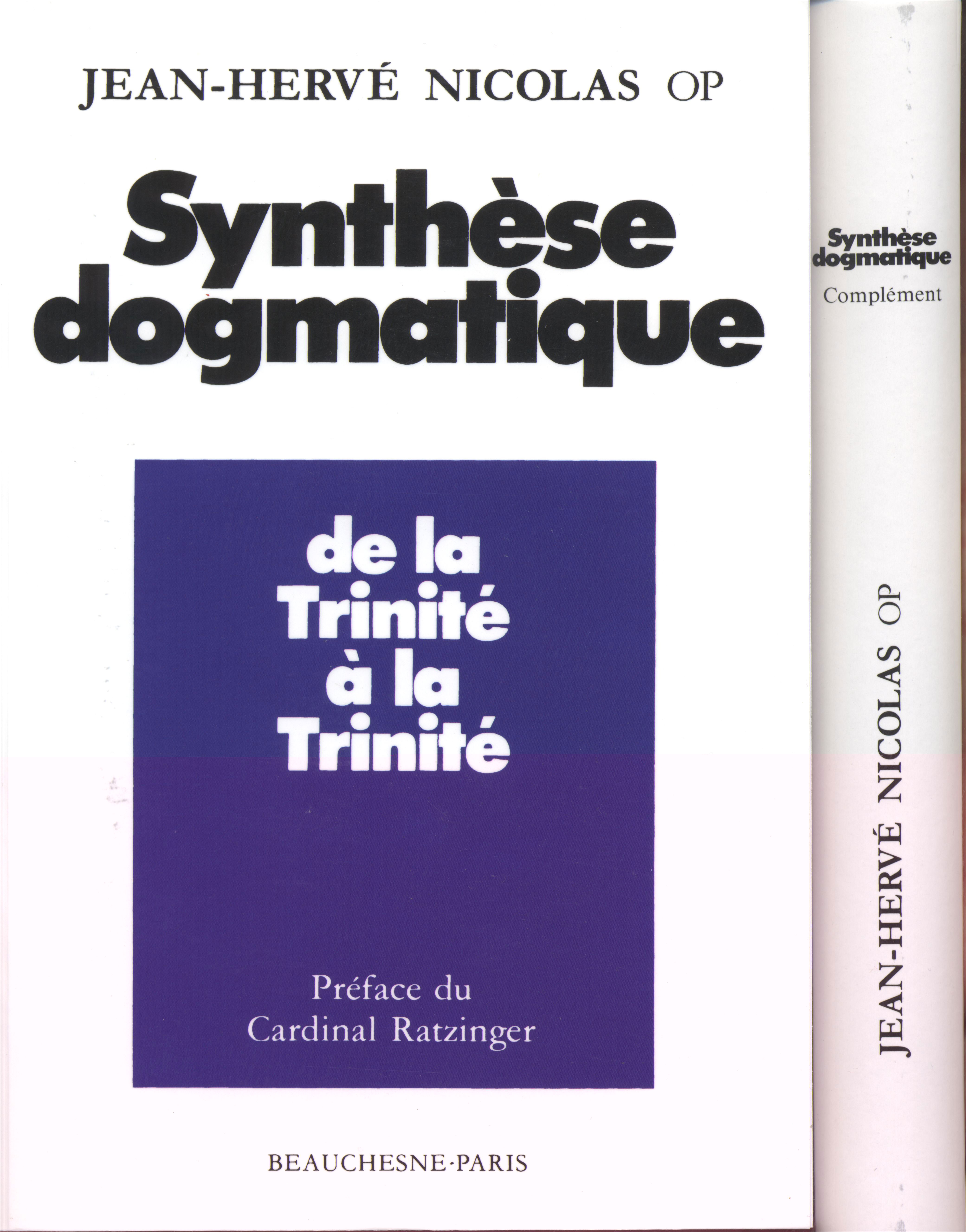85.00 €
BIBLE DE TOUS LES TEMPS N°5- LE TEMPS DES RÉFORMES ET LA BIBLE
Date d'ajout : mardi 22 août 2017
par John D. WILLIS
THE SIXTEENTH CENTURY JOURNAL, XXII, 1, 1991
This fifth volume (out of six which have appeared) in Bible de Tous les Temps again underlines the importance which the completed eight volumes will have for generations of scholars interested in the Bible's influence upon Western thought and civilization. Karl (Charles) Kannengiesser, director over the entire collection, apparently has given the editors of the individual volumes complete freedom to shape the themes and subdivisions of their books. Like planets around the sun, each volume stands in definite relation to and always under the gravitational pull of the topic, yet each uniquely possesses its own dimensions, structures, energies, and penultimate point of view. The creative tradition of French scholarship controls the orbit and stimulating atmosphere of every volume in Bible de Tous les Temps and so it is here. Bedouelle and Roussel have used their editorial license well in presenting this period so extraordinarily pregnant with the Bible's influence.
The first of two parts, Lire La Bible, contains fourteen essays guided by "chronological and problematical" considerations, divided up into three subsections : L'acces a la Bible du milieu du XV, siecle aux environs de 1530, essays 1-3 by Bedouelle; La Bible de 1530 a 1600, essays 4-7 by Roussel ; L'authorite de l'Ecriture les repotlses conjessiotlnelIes, essays 8 and 13 by Roussel, nos. 9-10 by Bedouelle, no. 14 coauthored by both, plus one essay each by A. Argyriou (no. 11) and G. Dahan (no. 12). Topics in Part One include the knowledge and use of the Bible prior to the sixteenth century; the Bible's role in the West's turn towards the printing press; the Bible and humanism; books, authors, and lecteurs of the Bible; Protestant, Roman and Eastern Orthodox Catholic, Jewish works on and views of the Bible; the development of the English Bible; and the Bible's appearances in vernacular translations, commentary, and paraphrase.
The second part, Bible, Culture Et Societe, is avowedly "thematic" in nature and contains nine essays by other scholars: M. Venard, P. Denis, M. Soulie (who wrote two essays), A. Godin, M. de Longchamp, M. Screech, P. Veit, M. Stirm. The Bible is discussed in relation to changing views of the world and universe, pastoral action, politics, the philosophia Christiana, Roman Catholic mysticism, French literature, theater, and liturgical reforms.
Bibliographically, the book is somewhat a labyrinthine goldmine. A twenty-nine page, comprehensive bibliography is appended to the text. Presented according to the layout of the book's parts and chapters, it appears to have been printed from unedited wordprocessor files since none of the entries are alphabetized. Several specialized bibliographies were provided at the end of some of the chapters. Those titles were not integrated into the main list, so one must be sure to check back into the text when seeking references for additional research.
Two indices, one for scripture and another for names, are included. The Index nominum cites only "d'auteurs, et plus exceptionnellement d'editeurs, des annees 1450-1600... aussi quelques titres d'ouvrages ou 'familIes' d'ouvrages." Because the list is not exhaustive, the reader is well-advised to read every discussion of interest. The person or work may have been noted in the text, but not included in the index. In any case, a host of neglected or forgotten figures known only to a small circle of scholars were noted-a great boon to most researchers in this field. There are some significant omissions, however, like Willem Hessels van Est (1542-1613), the renowned Pauline commentator. An analytical table of the book's contents is provided at the end.
All the articles, but particularly those in Part Two, reflect the newer intellectual flora which have sprung up in the last half century since the appearance of Vigouroux's masterwork, the Dictionnaire de la Bible. Bedouelle, Roussel, and their contributors (a number of whom also are active in the Colloque international sur I'histoire de I'exegese biblique au 16e siecle, which last met in 1988 in Geneva), have succeeded in their goal to avoid anachronism and to treat their subjects "de leur originalite et de leur sens dans le temps de leur apparition." Viewed in general terms, the enduring strength of Le temps des Reformes et la Bible for years to come will be its broad, comprehensive scope, its progress in historiographical methods, and its enormous bibliographical utility.
There are two major weaknesses to this book which will frustrate, respectively, the generalist and the specialist.
For the generalist, the editors' efforts for comprehensiveness have resulted in a some-times choppy presentation. There is very little "flow" for the reader in the section, La Bible de 1520 a 1600, for example, which moves quickly from one topic to another, often within the space of a paragraph or two. The reader interested in a general overview becomes a little seasick with every new wave of rather truncated information. One becomes convinced that the writer knew his material well, but not well enough to present it in a palatable form for the novice. There is all too little sketch within which one may apply the many nuances of color. One wonders, for example, why broad interpretations for "Protestant," "Catholic," and ''Anabaptist'' interpreters and methods were not offered directly, instead of scattered through a variety of sections and subsections? One is intrigued to learn of the "conjunctures exegetiques" between Protestants and Catholics in "L'Ecole rhénane, "but why not use some of the established paradigms (Oberman's "TraditioI/Traditio II" ?) to explain why they differed so fractiously, and with such violent results ?
Some specialists will be unequivocally excited, particularly those interested in the topics discussed in Part Two. But others will be uniformly disappointed that fresh and original research, though often noted in the bibliographies, is not always integrated into what are intended to be avant-garde discussions. For example, Erasmus' Enchiridion and other early writings repeatedly were used as fundamental sources from which to establish his ideas on the scriptural enterprise. Recent research by Friedhelm Kruger (noted in the bibliography), however, has shown how the Paraphrases must be taken more seriously to understand Erasmus' biblical theology. Work in the Paraphrases shows what Erasmus actually did with scripture, as opposed to some of his often-quoted, early statements about it.
The influence of the Bible through preaching is noted, but one would think that more attention would have been given to the influence of the Bible through the homily-that event in which the Word of God is preached to the people, regardless of ecclesiastical polity. Why were there no samples of the Word of God preached, and comparisons made between exemplars within each church communion ? Few people read in this century, though we have thousands of examples of edited and unedited transcripts of what they were told that the Word of God said to them. Is this information not important for the theme of this book ? Again, one is refreshed that Jewish interpretation of the Bible was considered at all ; however, what of Jewish preaching, as exemplified in a David ben Manasseh, Darshan of Kracow (b. 1527) ? Nothing was noted of this whole new Gattung brought to light by Hayim Perelmuter in 1984 (Hebrew Union College Press : Cincinnati), where we can glimpse what a Jewish preacher was saying to his people, and how he used the biblical text.
Regarding the Roman Catholic tradition, the reader is introduced to a host of never learned and forgotten names ; however, why did the early Society of Jesus, so laden with significant biblical scholars (mainly Spanish), not receive separate treatment, or at least a fresh treatment for its many biblical luminaries ? Two books have appeared on Juan Maldonado in the 1980s and they were noted in the bibliography ; however, the Dictionnaire de Theologie Catholique was cited for the bulk of the discussions on this great scholar. And the Society was on the cutting edge of l'action pastorale, though it received only a nod to that effect.
In short, one must be careful not to expect too much from the editors of this book on an epoch so alive with the influence of the Bible. The comprehensiveness and genuine contributions made by this book's editors and contributors are certain accolades in future years. Still as certain will be the authors' inabilities to please specialists across so broad and deep an expanse of material.
Nevertheless, the new material, the bibliographies, and notes are so extensive that they alone are worth the price of the book, and this regardless of how an individual scholar may evaluate a selected field or sub-discipline. We owe a debt of gratitude to editors Bedouelle and Roussel for tackling, and doing well in, a very difficult task. Their book will be useful for many years as we continue to wrestle with what the Bible meant to the Europeans of this epoch.
This fifth volume (out of six which have appeared) in Bible de Tous les Temps again underlines the importance which the completed eight volumes will have for generations of scholars interested in the Bible's influence upon Western thought and civilization. Karl (Charles) Kannengiesser, director over the entire collection, apparently has given the editors of the individual volumes complete freedom to shape the themes and subdivisions of their books. Like planets around the sun, each volume stands in definite relation to and always under the gravitational pull of the topic, yet each uniquely possesses its own dimensions, structures, energies, and penultimate point of view. The creative tradition of French scholarship controls the orbit and stimulating atmosphere of every volume in Bible de Tous les Temps and so it is here. Bedouelle and Roussel have used their editorial license well in presenting this period so extraordinarily pregnant with the Bible's influence.
The first of two parts, Lire La Bible, contains fourteen essays guided by "chronological and problematical" considerations, divided up into three subsections : L'acces a la Bible du milieu du XV, siecle aux environs de 1530, essays 1-3 by Bedouelle; La Bible de 1530 a 1600, essays 4-7 by Roussel ; L'authorite de l'Ecriture les repotlses conjessiotlnelIes, essays 8 and 13 by Roussel, nos. 9-10 by Bedouelle, no. 14 coauthored by both, plus one essay each by A. Argyriou (no. 11) and G. Dahan (no. 12). Topics in Part One include the knowledge and use of the Bible prior to the sixteenth century; the Bible's role in the West's turn towards the printing press; the Bible and humanism; books, authors, and lecteurs of the Bible; Protestant, Roman and Eastern Orthodox Catholic, Jewish works on and views of the Bible; the development of the English Bible; and the Bible's appearances in vernacular translations, commentary, and paraphrase.
The second part, Bible, Culture Et Societe, is avowedly "thematic" in nature and contains nine essays by other scholars: M. Venard, P. Denis, M. Soulie (who wrote two essays), A. Godin, M. de Longchamp, M. Screech, P. Veit, M. Stirm. The Bible is discussed in relation to changing views of the world and universe, pastoral action, politics, the philosophia Christiana, Roman Catholic mysticism, French literature, theater, and liturgical reforms.
Bibliographically, the book is somewhat a labyrinthine goldmine. A twenty-nine page, comprehensive bibliography is appended to the text. Presented according to the layout of the book's parts and chapters, it appears to have been printed from unedited wordprocessor files since none of the entries are alphabetized. Several specialized bibliographies were provided at the end of some of the chapters. Those titles were not integrated into the main list, so one must be sure to check back into the text when seeking references for additional research.
Two indices, one for scripture and another for names, are included. The Index nominum cites only "d'auteurs, et plus exceptionnellement d'editeurs, des annees 1450-1600... aussi quelques titres d'ouvrages ou 'familIes' d'ouvrages." Because the list is not exhaustive, the reader is well-advised to read every discussion of interest. The person or work may have been noted in the text, but not included in the index. In any case, a host of neglected or forgotten figures known only to a small circle of scholars were noted-a great boon to most researchers in this field. There are some significant omissions, however, like Willem Hessels van Est (1542-1613), the renowned Pauline commentator. An analytical table of the book's contents is provided at the end.
All the articles, but particularly those in Part Two, reflect the newer intellectual flora which have sprung up in the last half century since the appearance of Vigouroux's masterwork, the Dictionnaire de la Bible. Bedouelle, Roussel, and their contributors (a number of whom also are active in the Colloque international sur I'histoire de I'exegese biblique au 16e siecle, which last met in 1988 in Geneva), have succeeded in their goal to avoid anachronism and to treat their subjects "de leur originalite et de leur sens dans le temps de leur apparition." Viewed in general terms, the enduring strength of Le temps des Reformes et la Bible for years to come will be its broad, comprehensive scope, its progress in historiographical methods, and its enormous bibliographical utility.
There are two major weaknesses to this book which will frustrate, respectively, the generalist and the specialist.
For the generalist, the editors' efforts for comprehensiveness have resulted in a some-times choppy presentation. There is very little "flow" for the reader in the section, La Bible de 1520 a 1600, for example, which moves quickly from one topic to another, often within the space of a paragraph or two. The reader interested in a general overview becomes a little seasick with every new wave of rather truncated information. One becomes convinced that the writer knew his material well, but not well enough to present it in a palatable form for the novice. There is all too little sketch within which one may apply the many nuances of color. One wonders, for example, why broad interpretations for "Protestant," "Catholic," and ''Anabaptist'' interpreters and methods were not offered directly, instead of scattered through a variety of sections and subsections? One is intrigued to learn of the "conjunctures exegetiques" between Protestants and Catholics in "L'Ecole rhénane, "but why not use some of the established paradigms (Oberman's "TraditioI/Traditio II" ?) to explain why they differed so fractiously, and with such violent results ?
Some specialists will be unequivocally excited, particularly those interested in the topics discussed in Part Two. But others will be uniformly disappointed that fresh and original research, though often noted in the bibliographies, is not always integrated into what are intended to be avant-garde discussions. For example, Erasmus' Enchiridion and other early writings repeatedly were used as fundamental sources from which to establish his ideas on the scriptural enterprise. Recent research by Friedhelm Kruger (noted in the bibliography), however, has shown how the Paraphrases must be taken more seriously to understand Erasmus' biblical theology. Work in the Paraphrases shows what Erasmus actually did with scripture, as opposed to some of his often-quoted, early statements about it.
The influence of the Bible through preaching is noted, but one would think that more attention would have been given to the influence of the Bible through the homily-that event in which the Word of God is preached to the people, regardless of ecclesiastical polity. Why were there no samples of the Word of God preached, and comparisons made between exemplars within each church communion ? Few people read in this century, though we have thousands of examples of edited and unedited transcripts of what they were told that the Word of God said to them. Is this information not important for the theme of this book ? Again, one is refreshed that Jewish interpretation of the Bible was considered at all ; however, what of Jewish preaching, as exemplified in a David ben Manasseh, Darshan of Kracow (b. 1527) ? Nothing was noted of this whole new Gattung brought to light by Hayim Perelmuter in 1984 (Hebrew Union College Press : Cincinnati), where we can glimpse what a Jewish preacher was saying to his people, and how he used the biblical text.
Regarding the Roman Catholic tradition, the reader is introduced to a host of never learned and forgotten names ; however, why did the early Society of Jesus, so laden with significant biblical scholars (mainly Spanish), not receive separate treatment, or at least a fresh treatment for its many biblical luminaries ? Two books have appeared on Juan Maldonado in the 1980s and they were noted in the bibliography ; however, the Dictionnaire de Theologie Catholique was cited for the bulk of the discussions on this great scholar. And the Society was on the cutting edge of l'action pastorale, though it received only a nod to that effect.
In short, one must be careful not to expect too much from the editors of this book on an epoch so alive with the influence of the Bible. The comprehensiveness and genuine contributions made by this book's editors and contributors are certain accolades in future years. Still as certain will be the authors' inabilities to please specialists across so broad and deep an expanse of material.
Nevertheless, the new material, the bibliographies, and notes are so extensive that they alone are worth the price of the book, and this regardless of how an individual scholar may evaluate a selected field or sub-discipline. We owe a debt of gratitude to editors Bedouelle and Roussel for tackling, and doing well in, a very difficult task. Their book will be useful for many years as we continue to wrestle with what the Bible meant to the Europeans of this epoch.
Moteur de recherche www.editions-beauchesne.com
Le moteur peut rechercher dans différents champs :
- Un nom d’auteur (AUTEUR)
- Un mot du titre (TITRE)
- Un ISBN
- Un mot du texte de présentation (TEXTE)
- Un mot du sommaire ou de la table des matières (SOMMAIRE).
La recherche dans les champs TEXTE et SOMMAIRE peut être un peu longue.
En cliquant sur un resultat la fiche du livre correspondant s'ouvre dans un nouvel onglet.
Search engine www.editions-beauchesne.com
The engine can search in different fields:
- An author's name (AUTEUR)
- A word from the title (TITRE)
- An ISBN
- A word from the presentation text (TEXTE)
- A word from the summary or the table of contents (SOMMAIRE).
The search in the TEXTE and SOMMAIRE fields may take some time.
Clicking on a result open the book's sheet in a new tab.

